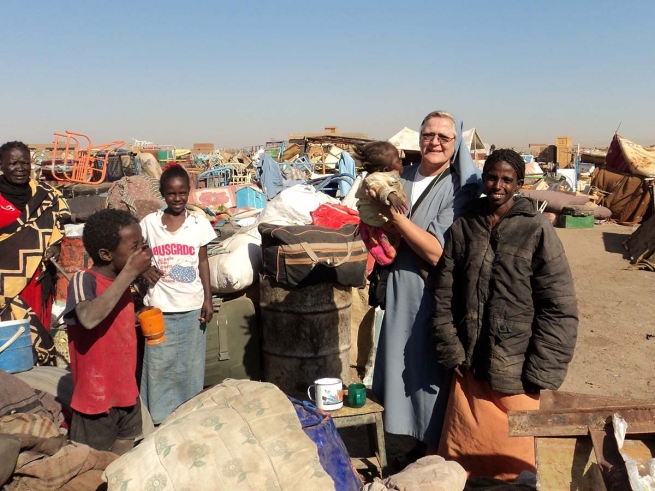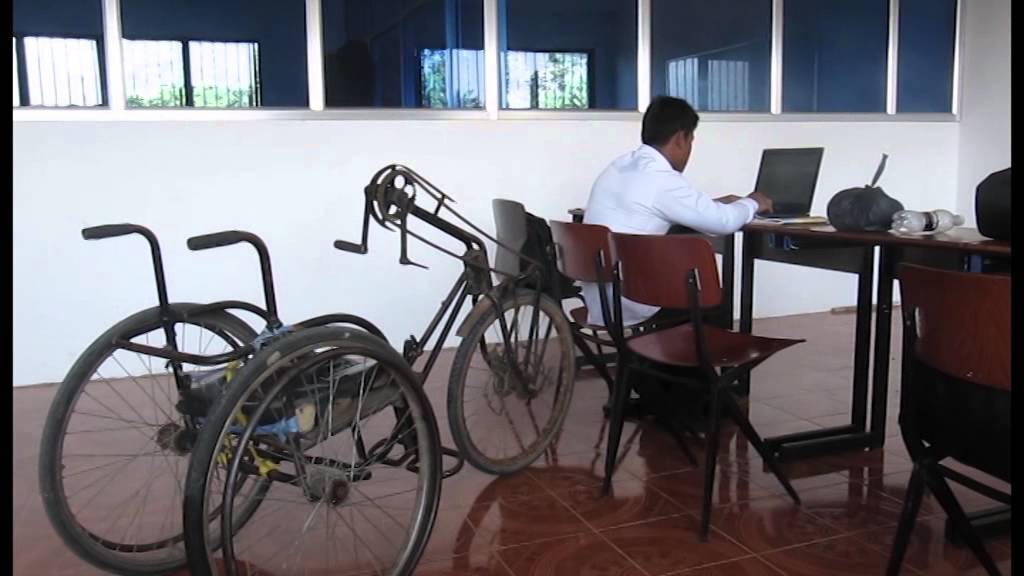GLOBAL: UNICEF Calls for Children with Disabilities to be Included in All Development
(UNICEF) Marking the International Day of Persons with Disabilities, UNICEF today called on the global development community to focus greater attention and investment in helping children and young people with disabilities to realize their rights, and renewed the call for universal ratification of the Convention on the Rights of Persons with Disabilities.
“Children with disabilities have the same rights as all children, and they deserve the same chance to make the most of their lives and to make their voices heard,” says Anthony Lake, UNICEF executive director. “We need to break down the barriers that prevent full participation of children with disabilities – from programs that ignore their needs, to prejudice that discounts their ability to contribute.”
Children with disabilities are among the most marginalized and excluded groups of children. Compared to their peers, they are routinely denied access to health, education and social services. They are often excluded from opportunities to participate in their communities, and are more vulnerable to violence and abuse.
Girls with disabilities also face additional discrimination because of their sex. In addition to marginalization within the family, community, school and wider social circles, girls with disabilities are often at greater risk of violence, injury, abuse, neglect or negligent treatment, maltreatment and exploitation.
And children with disabilities are less likely to receive necessary healthcare, be taken to clinics, receive medication or be immunized. They are also often the last to receive information that would help them to stay safe, including how to avoid HIV/AIDS, and how to tell adults when they feel endangered. Such information is rarely available in formats accessible to blind or deaf children or those with intellectual disabilities.
Discrimination against children with disabilities stems from multiple sources, including ignorance, prejudice and cultural norms, which in turn lead to stigma and entrenched social exclusion. Their participation is further limited by multiple barriers, including lack of access to the physical environment and to information and communication; lack of adequate legislation, lack of public policies and monitoring mechanisms; and lack of training for teachers and other service providers.
One of the chief barriers to improving the lives of children with disabilities is the paucity of reliable data. When children with disabilities are not included in data collection efforts, they are equally absent from policy discussions and budget allocations.
The situation of children with disabilities is improving, but there are still extraordinary gaps, especially in places where poverty and inequality are more prominent. As the global community works together to achieve the United Nation’s Millennium Development Goals with greater equity, it must do more to create effective legislation to protect the rights of children with disabilities, to establish programs and services to support children with disabilities and their families at the community and national levels, and to dispel stereotypes, fight stigma and change attitudes towards disability.
“UNICEF is committed to working with our partners to overcome the barriers that stand between children with disabilities and the full realization of their rights,” says Lake.
##
Photo by Albert Gonzalez Farran – UNAMID
Sources:
UNICEF



